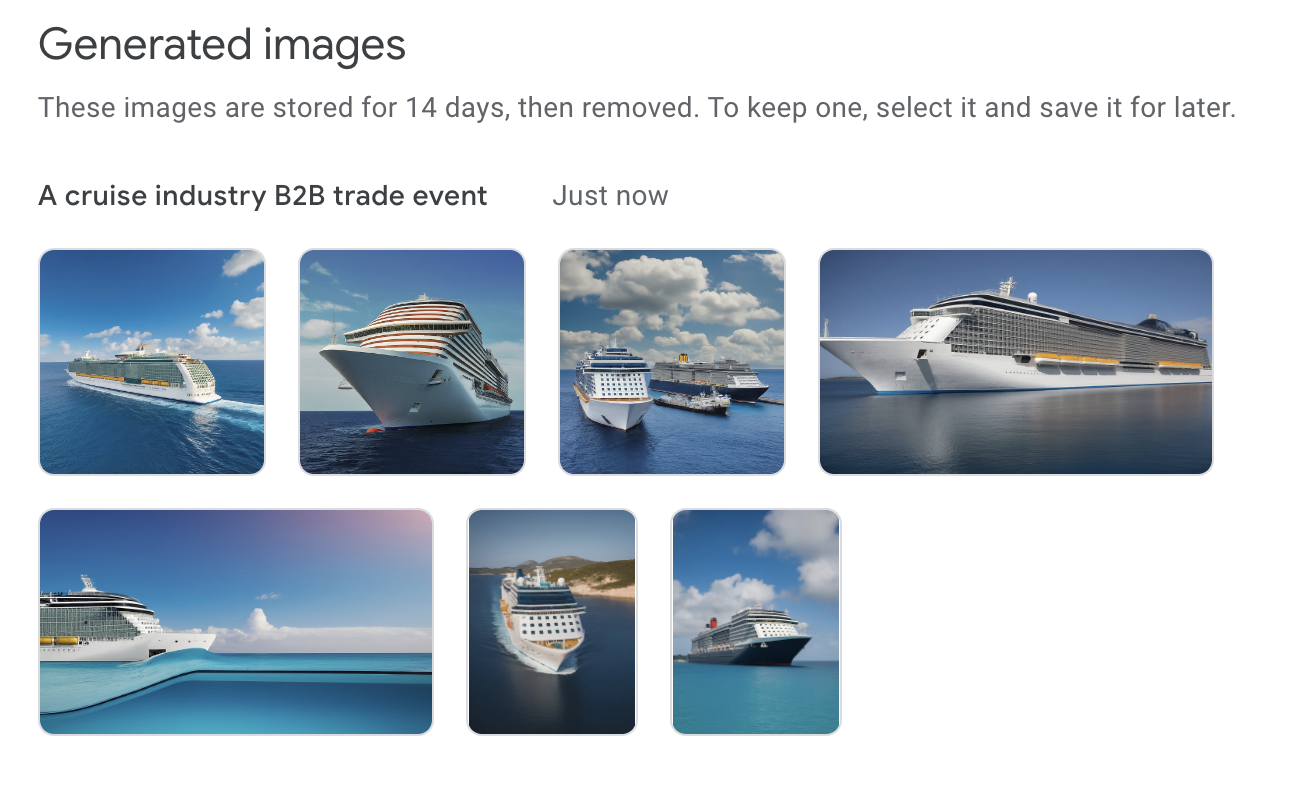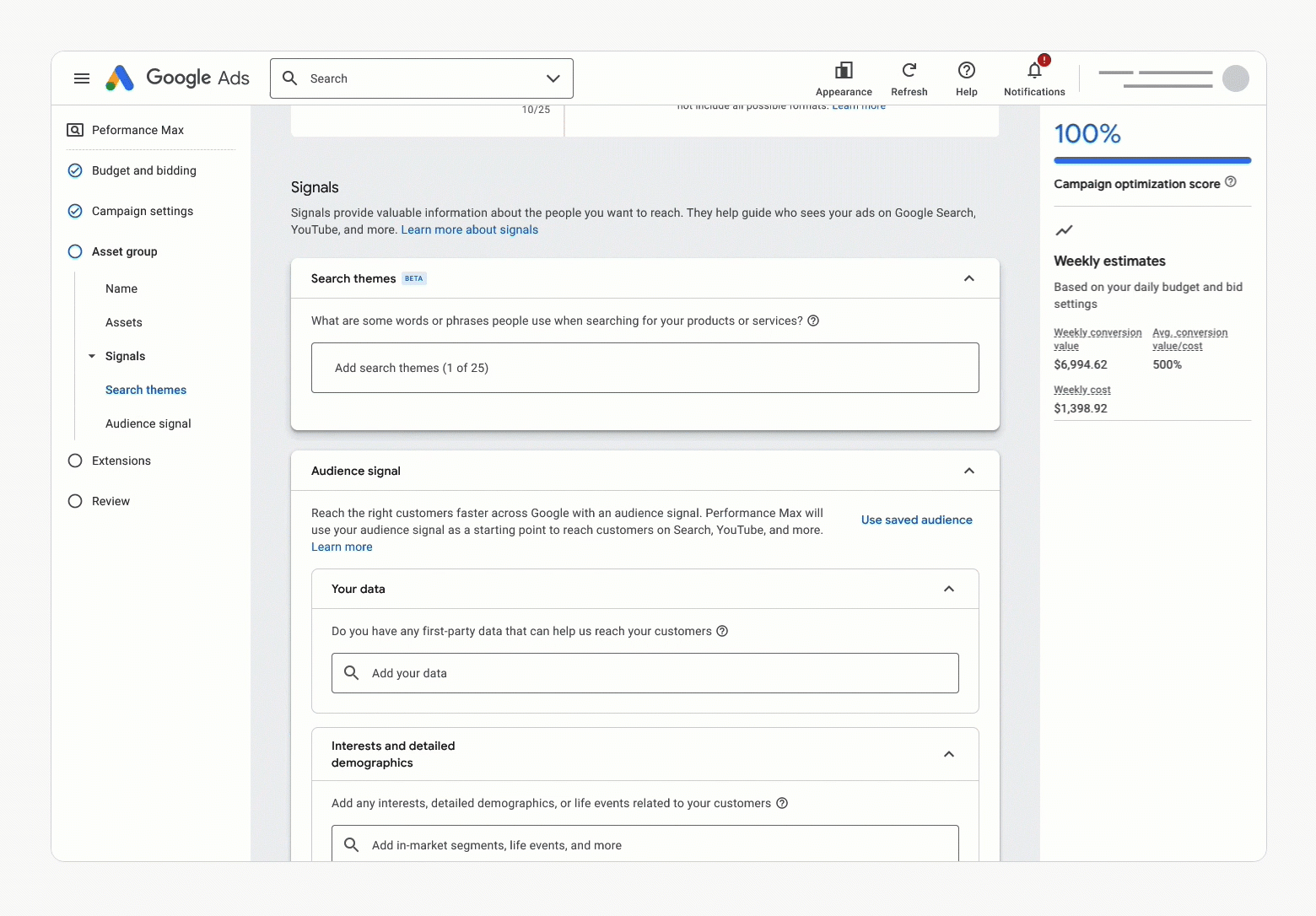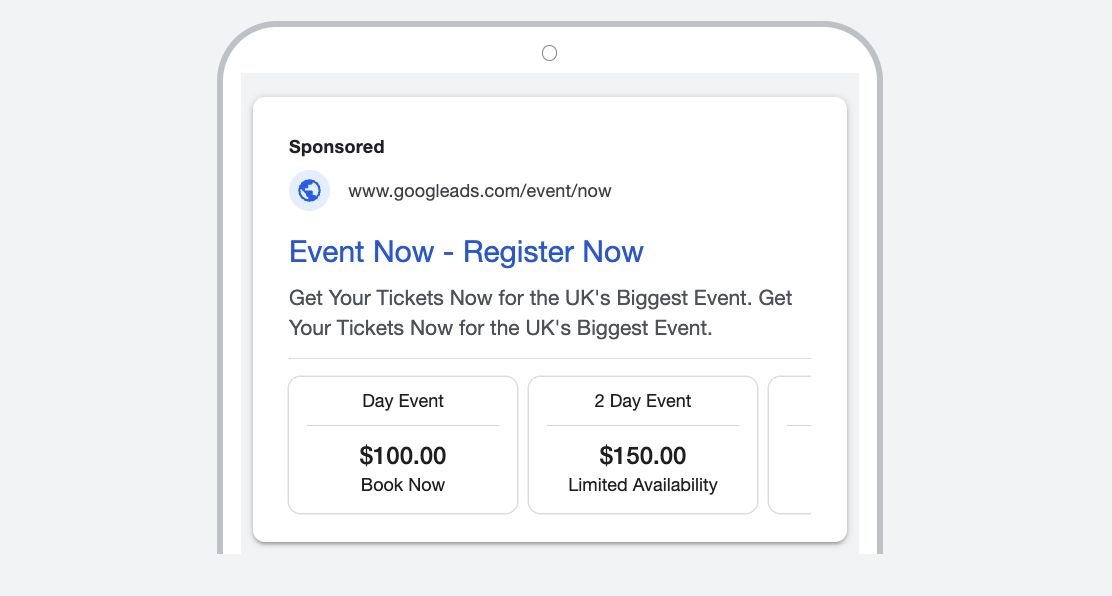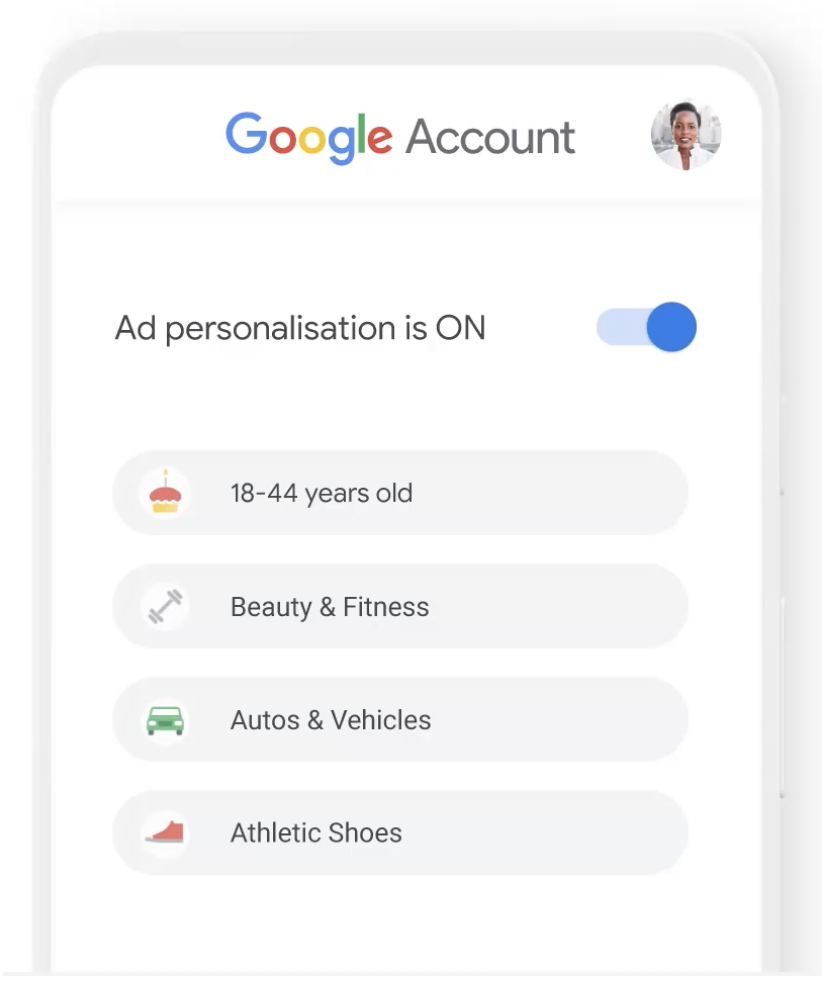Top 5 Google Marketing Trends in March 2024
Written by Erin Cranney, Paid Media Executive
In this blog we are exploring what’s new on Google Ads and the latest marketing trends in 2024, diving into how artificial intelligence is revolutionising the digital advertising landscape on Google.
1. AI for Performance Max & Search
A deep dive into Google AI Marketing Trends 2024 reveals Asset Generation as a cornerstone for future campaigns.
One of Google’s latest innovations for 2024, is Asset Generation, which harnesses the power of Google AI to organise and generate new text and image assets for use in your campaigns.
Since AI relies on predicting behaviour, Google can then use this information to generate combinations it thinks will perform effectively, based on available data.
This new innovation is crafted with a focus on those who are eager to harness the power of AI for crafting imaginative content, catering especially to those who lack access to design tools and resources.
Here’s an example of AI Generated images for a Cruise Industry B2B Trade Event:

Asset generation will maximise event advertising strategy to leverage existing website content to quickly and affordably create compelling text and image assets, while also maximising the impact of paid advertising campaigns.
Another new process Google is bringing into the fold is automatically-created RSA assets.
This new process is going to provide you with assets automatically generated, so that you can make changes and optimisations without building your campaigns from the start.
Google compiles the information from what is provided on the advertisers website, URL’s, keywords, and landing pages.
Here’s another example of AI Generated images for a fashion event:

2. Personalised Marketing
Along with the shift in AI tools, there will come ‘hyper-personalisation’ that encompasses various aspects of customer targeting; from personalised content to tailored product recommendations and enhanced user experiences.
As part of the Google AI Marketing Trends 2024, hyper-personalisation stands out as a game-changer in how we connect with audiences.
AI and Machine learning will begin to play a huge role in analysing consumer behaviour, but also predicting future trends and personalised marketing efforts.
AI strategies during 2024 will go beyond demographic segmentation, focusing on generating content tailored to individual user preferences.
This strategy aims to increase user engagement and conversion rates by providing a highly customised experience.
3. Search Themes in Performance Max
Introduced late into 2023, Search Themes for Performance Max gives marketers extra information about their target audience and business.
This helps Performance Max campaigns serve on placements that may not be obvious to AI, but create good results.

Since Search Themes are cross-channel, by adding them, you are able to expand your reach and harness more conversions.
The best way to optimise search themes for Performance Max is to enter information about your campaigns business, brand, or event that is expected to perform well.
Especially information that AI may not pick up on from their landing page, creative assets, or feeds alone.
4. Demand Gen
Another Google innovation that was introduced in 2023 was Demand Gen.
This new ad format aims to utilise your top-performing image and video assets that can be streamed across the most visual platforms, including Gmail, YouTube, YouTube Shorts, and Discover.

Demand Gen priority is to generate interest, build brand awareness, and capture leads over generating conversions.
Since its introduction, marketing managers have found that the carousel function across Demand Gen is great for promoting headline speakers for events, and in turn generating leads and traffic across their ads.
5. Pricing Headlines
Another method our team has seen provide great results as of late, is pricing headlines across our ads.
Especially for expensive items, including prices in your ad headlines can save money and stop non-converting clicks.

Numbers make your ad more attractive, easy to read and catch the user’s attention, and because users are immediately seeing the cost of tickets, more are following through with purchases, rather than dropping off when they get to checkout.
Since its trial, members of our paid media team have seen numbers soar, and have even found that they have hit target earlier than they have previously when not including pricing in their ad copy.
Conclusion
Reflecting on the latest Google Marketing Trends, it’s clear that the integration of AI in marketing strategies will pave the way for more personalised, efficient, and engaging paid advertising campaigns.









